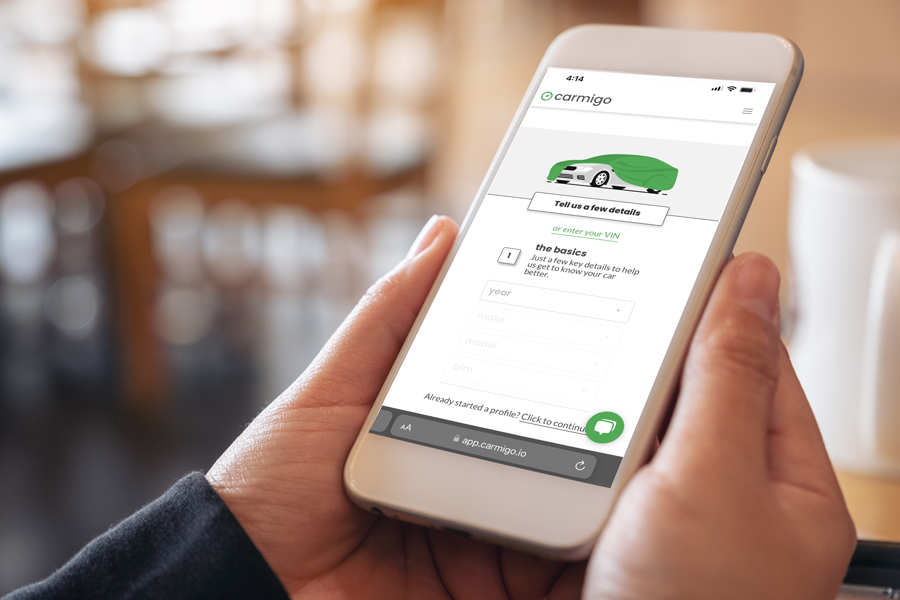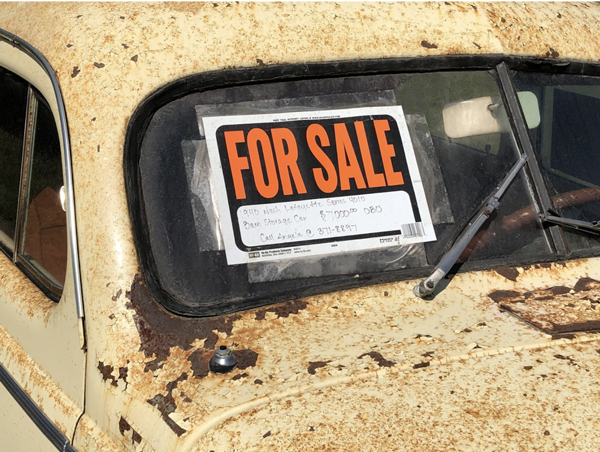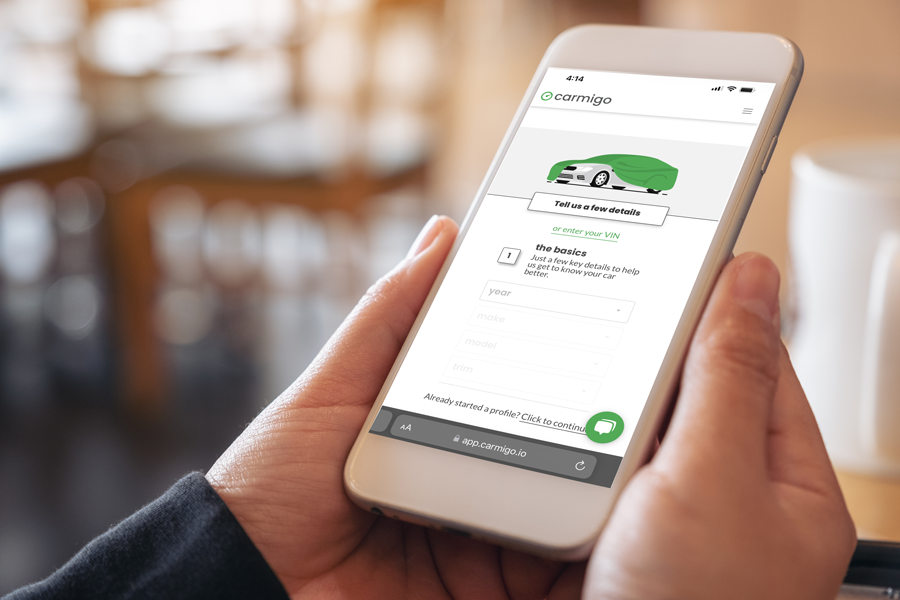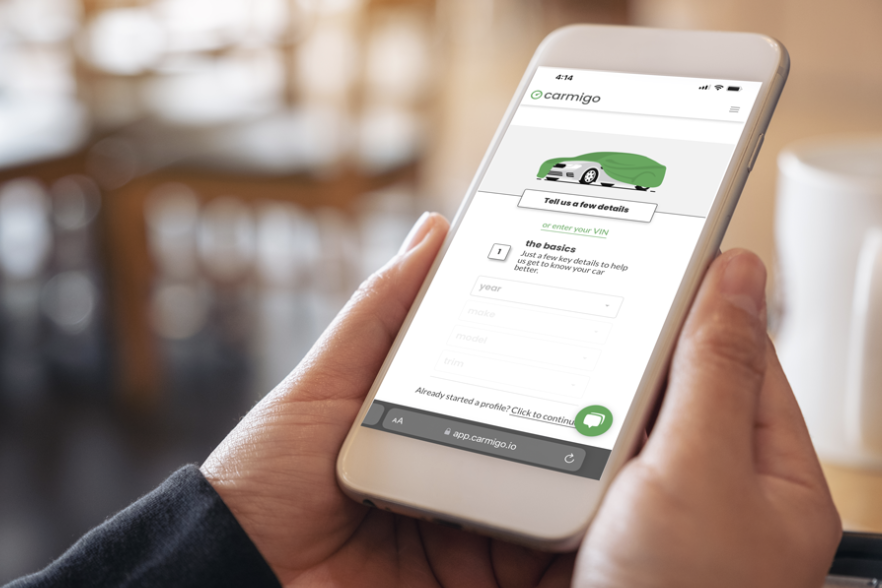Steps to Selling a Car with Expired Registration
1. Verify Registration Expiry Date:
Before listing your car for sale, confirm the exact date when the registration expired. This information will help you understand the urgency of the situation and plan your selling strategy accordingly.
2. Renew the Registration (if possible):
Ideally, you should aim to renew the car’s registration before putting it up for sale. Contact your local DMV or relevant authority to understand the renewal process and any late fees involved. Renewing the registration will increase the car’s value and attract more potential buyers.
3. Assess the Car’s Value:
Take the expired registration status into account when determining the car’s selling price. Understand that buyers may negotiate a lower price due to the additional burden of renewing the registration. Research similar cars in your area to set a competitive and fair price.
4. Disclosure and Transparency:
Honesty is crucial when selling a car with expired registration. Clearly disclose this fact in all advertisements and conversations with potential buyers. Concealing this information could lead to mistrust and legal issues later on.
5. Obtain a Vehicle History Report:
A vehicle history report can provide potential buyers with essential information about the car, including its ownership history, accident records, and registration status. This report can build trust and confidence in buyers and help justify the asking price.
6. Get the Car Inspected:
Consider getting a pre-sale inspection done by a trusted mechanic. An inspection report will highlight any underlying issues and give buyers assurance about the car’s condition despite the expired registration.
7. Temporary Operating Permits (if available):
Check if your local DMV offers temporary operating permits for vehicles with expired registration. If available, inform potential buyers about this option, which allows them to drive the car legally for a limited time while they complete the registration renewal process.
8. Negotiate with Buyers:
Be prepared for negotiations with potential buyers. Some may be willing to handle the registration renewal themselves, while others might request a discount to cover the costs involved. Be flexible but stick to your bottom line.
9. Bill of Sale and Transfer of Ownership:
When you reach an agreement with a buyer, ensure you properly document the sale with a bill of sale. This document should include the vehicle’s details, the sale price, both parties’ information, and a statement acknowledging the expired registration.
10. Release of Liability:
Once the sale is finalized, contact your local DMV to fill out a Release of Liability form. This form notifies the authorities that you are no longer responsible for the vehicle, protecting you from potential liabilities after the sale.
11. Assist with the Registration Process:
Provide the buyer with all necessary documents, such as the car’s title, emissions test certificates (if applicable), and any other required paperwork, to help facilitate the registration renewal.
12. Follow Up:
After the sale, follow up with the buyer to ensure the registration renewal is completed within the designated timeframe (if the buyer has assumed responsibility for it).











































